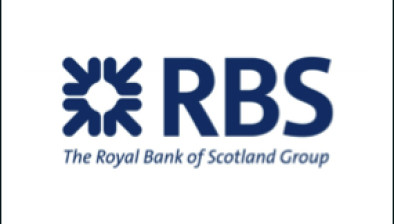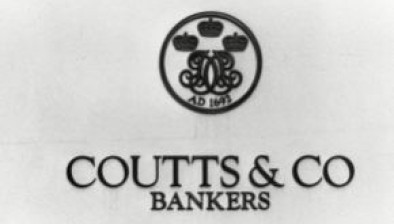RBS: Scottish private sector nears stagnation in February
The Scottish private sector economy approached stagnation in February, growing only fractionally, according to the latest Royal Bank of Scotland Purchasing Managers’ Index (PMI).

Malcolm Buchanan, chair, Scotland Board, RBS
At the sector level, a mild decline in services activity almost offset renewed growth in manufacturing production. Meanwhile, overall new business increased for the second month running, although the uptick eased to only a fractional pace.
Amid softer demand conditions, firms cut workforce numbers for the first time in four months. That said, the reduction was only mild overall.
The seasonally adjusted headline Royal Bank of Scotland Business Activity Index - a measure of combined manufacturing and service sector output - posted 50.1 in February, down from 52.0 in January, to signal only a fractional rate of growth in private sector output in Scotland midway through the first quarter. While a renewed uptick in production was registered at manufacturers, services activity declined for the first time since last May.
Latest survey data signalled a back-to-back increase in overall new business, although the rise softened to only a fractional pace. Some panellists reported that weak foreign demand and uncertainty had weighed on growth. Moreover, of the 11 monitored UK areas to report an increase during February, Scotland recorded the joint-softest rise (with the North East).
Scottish private sector firms reported the first reduction in workforce numbers since last October during February, with panellists linking the decline to the non-replacement of leavers and weaker client demand. That said, the decline was only mild overall.
Meanwhile, there was evidence of further spare capacity during February with outstanding business falling, as has been the case in 16 of the past 17 months. Moreover, the rate of backlog depletion was among the quickest over this sequence.
February data highlighted a further rise in cost burdens facing Scottish private sector firms, as has been the case in each month for four years. Greater raw material and wage costs were the main drivers of inflation during February, according to panellists. Albeit still sharp, the uptick was the softest for three months.
Concurrently, average selling prices rose during February, as has been the case in each month since August 2016. The rate of charge inflation softened from January and was only mild, however.
Firms remained confident activity would rise over the coming 12 months during February. Panellists linked optimism to hopes of improved demand conditions. Moreover, the sentiment strengthened to a 20-month high.
Malcolm Buchanan, chair, Scotland Board, Royal Bank of Scotland, said: “The Scottish private sector neared stagnation during February, with only a fractional rise signalled by the headline Business Activity Index, as renewed growth in manufacturing was largely offset by a mild reduction in service sector activity.
“Meanwhile, overall new business increased only fractionally, amid reports of weak foreign demand and further uncertainty weighing on growth, while some firms responded to softer demand conditions by not filling vacancies, leading to a fall in workforce numbers for the first time in four months.
“On a positive note, business confidence climbed to a 20-month high, with anecdotal evidence linking optimism to hopes of improved client demand. Nonetheless, sentiment in Scotland was the second-lowest across the 12 monitored UK areas, with only Northern Ireland reporting a softer outlook.”










